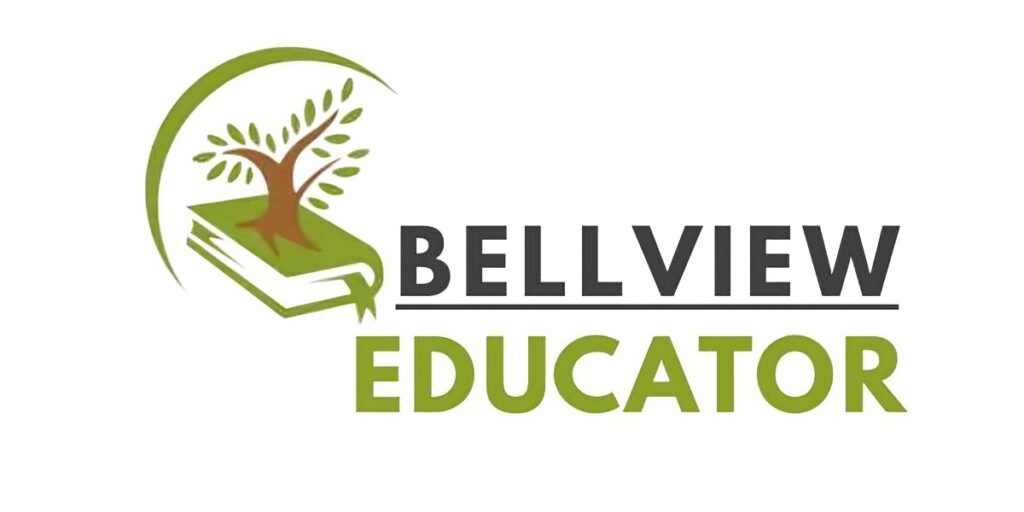Studying abroad is an exciting and transformative journey that offers unique opportunities for personal and professional growth. To ensure you make the most of this experience, it’s essential to be proactive and intentional about your time overseas. Here are some practical tips on how to maximize your study abroad experience, from cultural adaptation and building a professional network to participating in extracurricular activities and balancing academics with social life.
Embrace Cultural Adaptation
Learn the Language: Even if your courses are in English, learning the local language can significantly enhance your experience. It allows you to communicate with locals, understand cultural nuances, and navigate your new environment more comfortably. Enroll in language classes, use language-learning apps, and practice speaking with native speakers.
Immerse Yourself in the Local Culture: Take time to explore and appreciate the local culture. Visit museums, attend cultural festivals, try traditional foods, and participate in local customs and traditions. This will not only enrich your experience but also help you develop a deeper understanding and respect for the host country.
Build Relationships with Locals: Building friendships with locals can provide you with insider knowledge about the country and its culture. Join local clubs, volunteer, or participate in community events to meet and connect with residents. These relationships can lead to lifelong friendships and a more authentic study abroad experience.
Build a Professional Network
Connect with Professors and Alumni: Take advantage of the academic environment to connect with your professors and alumni. Attend office hours, participate in class discussions, and seek advice on your academic and career goals. Networking with alumni can provide valuable insights and potential career opportunities.
Join Professional Associations: Many universities have professional associations and clubs related to various fields of study. Joining these organizations can help you meet like-minded individuals, attend industry events, and gain access to resources that can enhance your career prospects.
Attend Career Fairs and Networking Events: Keep an eye out for career fairs, networking events, and guest lectures hosted by your university or local organizations. These events provide excellent opportunities to meet professionals in your field, learn about job and internship opportunities, and build your professional network.
Participate in Extracurricular Activities
Join Clubs and Organizations: Getting involved in clubs and organizations is a great way to meet new people, develop new skills, and enhance your resume. Whether it’s a sports team, a cultural club, or an academic society, participating in extracurricular activities can enrich your study abroad experience and provide a sense of community.
Volunteer: Volunteering is a meaningful way to give back to your host community while gaining valuable experience. Look for local non-profits, community centres, or university-run volunteer programs where you can contribute your time and skills.
Explore Internships: Consider pursuing internships or part-time work opportunities related to your field of study. This can provide hands-on experience, enhance your resume, and potentially lead to job offers after graduation.
Balance Academics with Social Life
Create a Study Schedule: Balancing academics with social activities requires good time management. Create a study schedule that allows you to stay on top of your coursework while leaving room for socializing and exploring. Use tools like planners, calendars, and study apps to stay organized.
Prioritize Self-Care: Studying abroad can be overwhelming at times, so it’s essential to prioritize self-care. Make time for exercise, healthy eating, and sufficient sleep. Engage in activities that help you relax and recharge, such as reading, meditation, or spending time in nature.
Set Realistic Goals: Set realistic academic and personal goals for your study abroad experience. This will help you stay focused and motivated while ensuring you don’t overextend yourself. Celebrate your achievements and be flexible with your plans as needed.
Stay Connected with Family and Friends: While it’s important to immerse yourself in your new environment, staying connected with family and friends back home can provide emotional support and help you maintain a sense of stability. Schedule regular calls or video chats to keep in touch.
Make the Most of Your Free Time: Use your free time wisely to explore your host country and nearby regions. Travel to different cities, visit historical sites, and take part in local activities. This will help you create lasting memories and make the most of your time abroad.
Reflect on Your Experience: Take time to reflect on your experiences and what you’ve learned. Keep a journal, blog, or vlog to document your journey and share your insights with others. Reflecting on your experiences can help you gain a deeper understanding of yourself and your place in the world.
Conclusion
Maximizing your study abroad experience requires a proactive approach to cultural adaptation, professional networking, extracurricular involvement, and balancing academics with social life. By embracing these opportunities, you can make the most of your time abroad, create lasting memories, and pave the way for a successful future. Remember, studying abroad is not just about academics; it’s about personal growth, cultural enrichment, and building a global perspective. Enjoy the journey!









